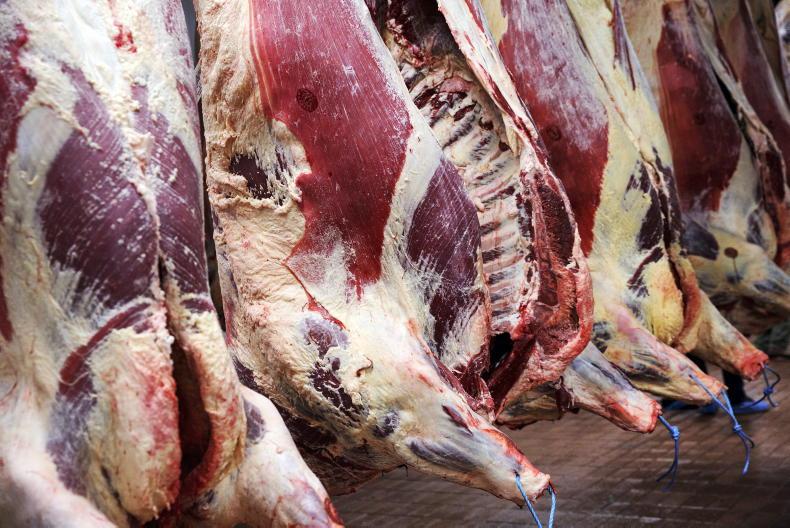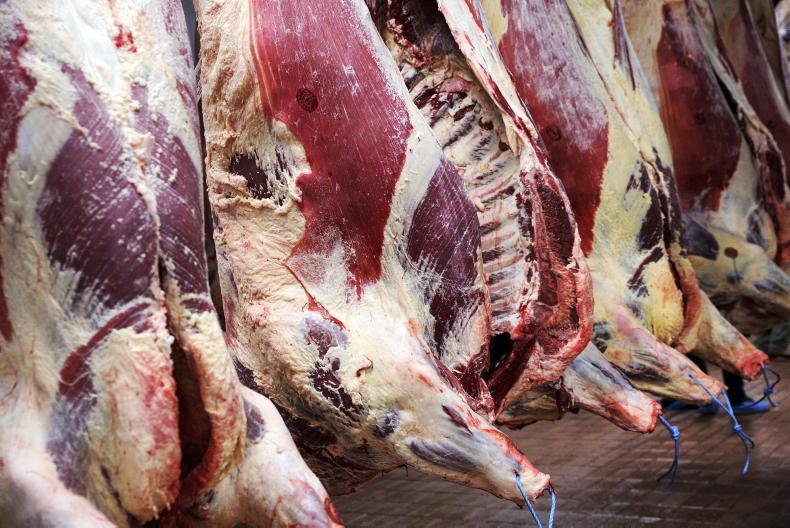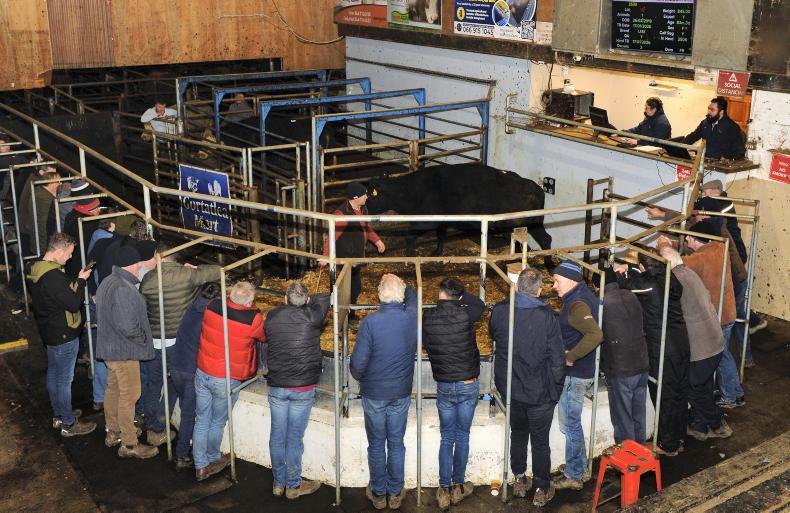It’s been dry, really dry for us over the past few months. We’re pretty desperate for the rain now at this stage.
We have reasonably defined seasons, where we are usually fairly confident in knowing what type of weather we are due to get at any time, but as we ended spring in November, the big man upstairs just turned off the tap.
We got about 10mm for all of December and about 0.2mm so far in January, well below average. But it’s summer now, so you’d expect that.
The pastures are now largely brown, with only a few green spots around the farm. Still, there is feed on-hand and we are in a better state than some others.
Calves
All the calving is done on the farm and we bought in 150 bull calves from dairy farms. These were purchased at four days old and we fed them milk until they were 85kg, before weaning them onto meal and pasture to grow through to finished animals.
With the current dry conditions, it will be a few months now until we start restocking the farm for the autumn.
The beef price continues to be pretty good. We’re getting about NZ$5.20/kg (€3.50/kg), which is really remarkable for the time of year. Beef farmers are happy with that.
The dry conditions are starting to have an impact on the beef kill now, though. You’re seeing the dairy farmers selling their dry cows to reduce feed demand, while bull farmers are also selling animals as they come to finished weights – creating a bit of a backlog at the processors.
Brexit
There was a lot of to-ing and fro-ing on the Brexit topic before the UK voted to leave.
To be honest, while I was quite bullish about it before they voted to leave, I always thought the likelihood was that they would stay in the EU.
For us, the more immediate issue – and the one we were watching closely – was America and the Trans Pacific Trade deal. We wanted to get that signed, sealed and delivered to improve our access to that market.
Still, we have Brexit now and Theresa May has been talking very generously about doing trade deals with New Zealand.
Good news for beef
That sounds positive for the beef farmer here, because we have a pretty limited export quota to the EU, something like 1,500t – it’s pretty small.
What is preoccupying New Zealanders more from Brexit is what will happen to our lamb.
We have a pretty good quota into the EU, which we can move around between the mainland of Europe and the UK.
We need to see the consequences of what will happen to our established markets before we really start to look at the markets that might be.
Listen to a discussion of the latest Brexit developments in our podcast below:
Listen to "UK to exit the single market after Brexit" on Spreaker.
Register for free to read this story and our free stories.
Already registered? Log In
Subscribe for unlimited access. Subscribe
Do you have a code? use the code









SHARING OPTIONS